Across social media and in the academic world, people have been analyzing the idea of “critical social justice,” also known as being “woke.” Supporters of this belief claim they are trying to address the apparent challenges that minorities face. But a new study from Finland drew some interesting connections between “woke” beliefs and mental health issues like anxiety and depression.
A New Scale
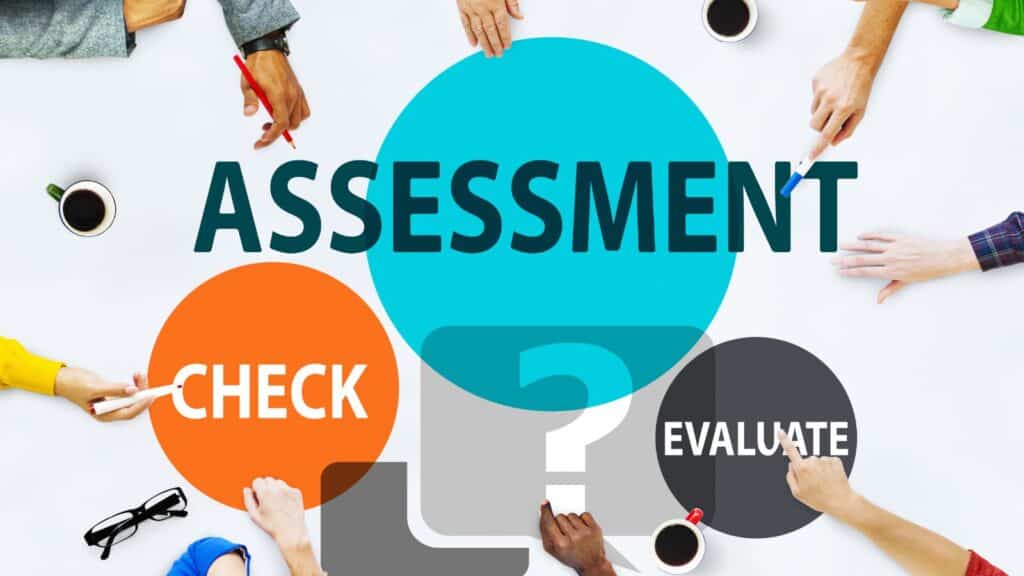
A Finnish study created a new scale to measure attitudes towards “wokeness.” The researchers wanted to know how these “woke” attitudes are established so they could measure their importance across different groups. Oskari Lahtinen, the study’s lead researcher, said, “No reliable and valid instrument existed prior to the study to assess the extent and prevalence of these attitudes in different populations, so I set out to develop one.”
Creating the Scale
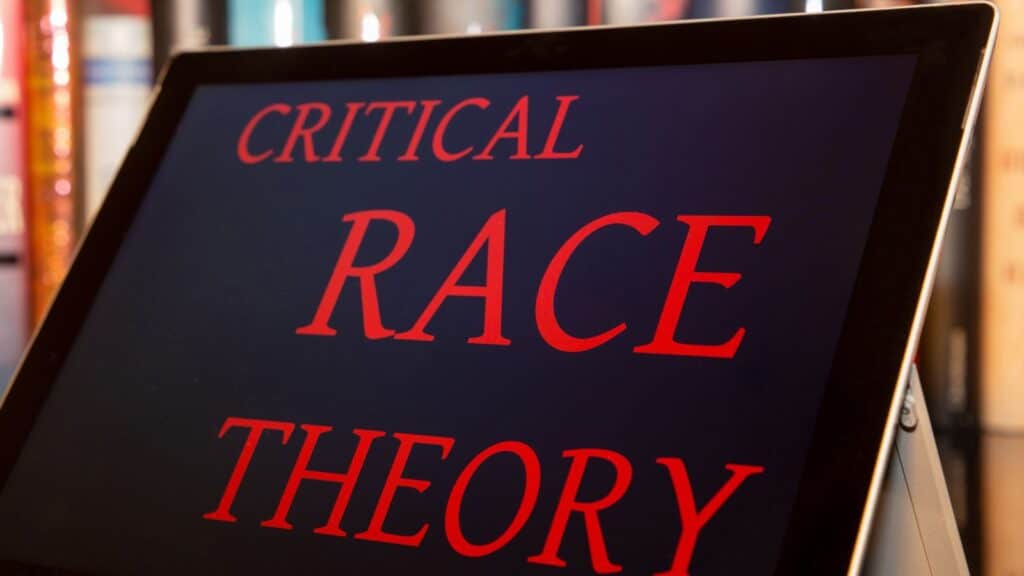
Lahtinen created the Critical Social Attitude Scale after reviewing several academic theories, including critical race theory and intersectional feminism. This is a form of feminism that is more inclusive of minority female groups. Creating this foundation allowed the researchers to analyze people’s attitudes towards inequality and prejudice.
A Pilot Study

As part of the initial test, the Finnish researchers analyzed a diverse group of people from the University of Turku, a Finnish university. It involved speaking to 851 people from Finnish universities. This test helped the researchers perfect the scale to show social justice beliefs more accurately.
Going Nationwide

After conducting the first test, Lahtinen carried out another one that expanded to cover 5,000 Finns. This was in partnership with Helsingin Sanomat, a Finnish newspaper. It helped make the scale more reliable and allowed the researchers to apply their findings more generally to the Finnish population.
Understanding the Scale
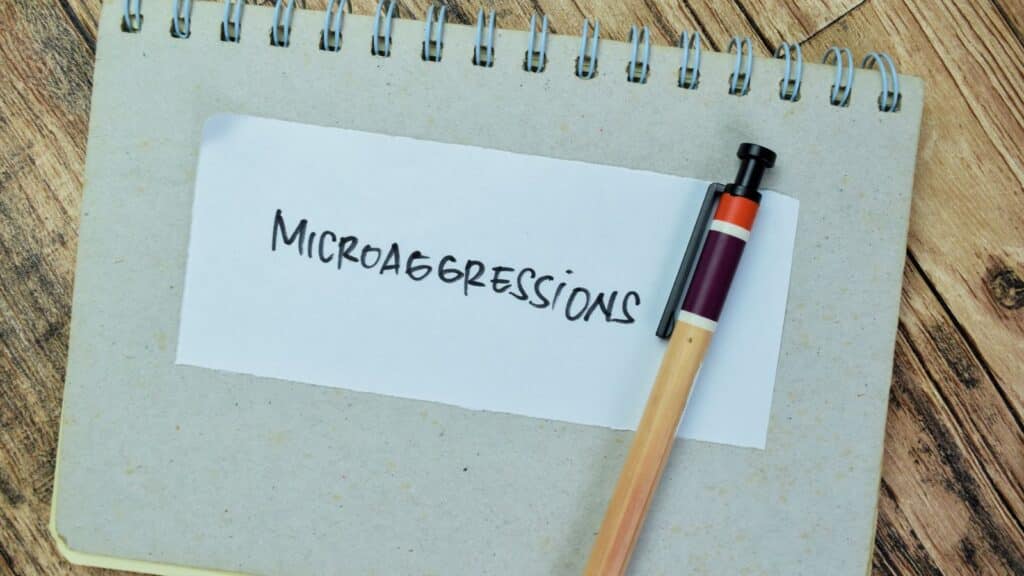
The scale included seven statements about systemic racism, microaggressions, and race representation in education. For example, “If white people have on average a higher level of income than black people, it is because of racism.” Another was, “Trans* women who compete with women in sports are not helping women’s rights.”
Gender Differences
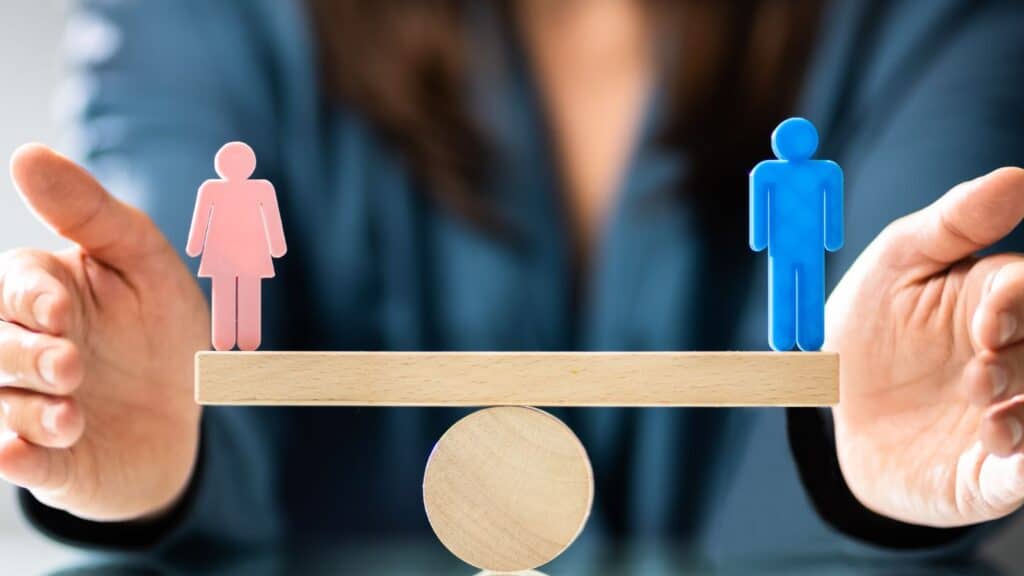
One surprising finding from the study was a clear gender divide in attitudes towards “woke” ideas. Women were more positive towards these “woke” statements than men. Lahtinen said this divide “was probably most surprising to me,” adding, “Three out of five women view ‘woke’ ideas positively, but only one out of seven men. This was the case in Finland, at least.”
Politics and Academia

The researchers discovered a connection between political preferences, choice of study, and attitudes towards social justice. People who supported left-wing parties and studied humanities and education agreed more with the “woke” statements. In comparison, right-wing supporters and STEM students did not agree as much.
Mental Health Issues

The study suggests a link between critical social justice attitudes and mental health. Participants who agreed more with the “woke” statements often had higher reports of mental health issues like anxiety and depression. The strongest apparent connection between mental issues and “woke” statements came from the people who agreed with the statement, “If white people have, on average, a higher income than black people, it is because of racism.”
Political Connections
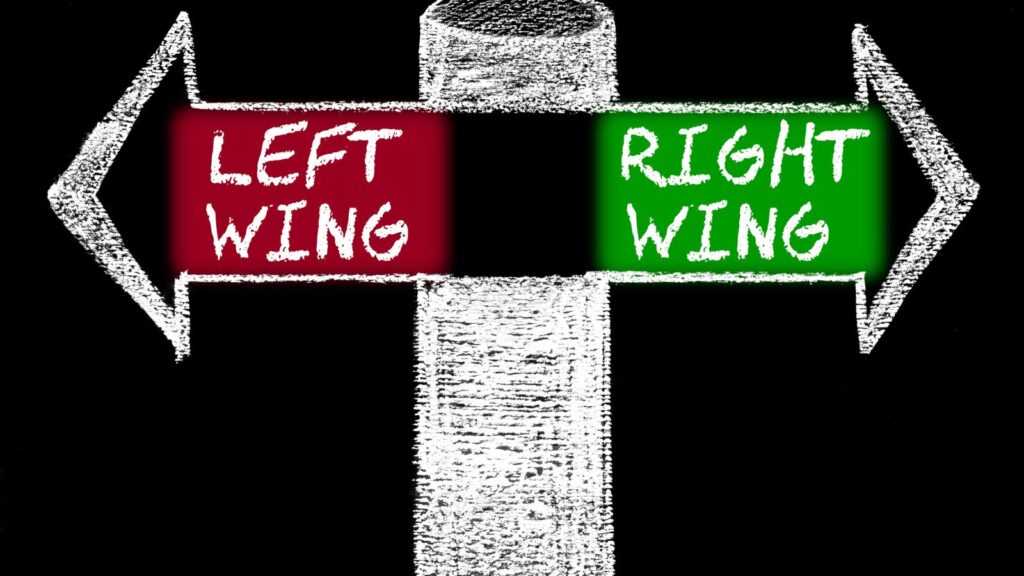
But there may be a greater connection between mental health issues and political preference rather than “wokeness.” After all, the study suggested that people who are left-leaning were more likely to have mental health issues than those on the right. This may be caused by other factors.
Wider Consequences

While the study is important, it only looked at a Finnish context, so it’s hard to apply its findings universally. Lahtinen spoke about this, saying, “The scale would need to be validated in North American samples in order to know how these attitudes manifest there. I encourage colleagues in the United States to study the prevalence of these attitudes in the country where they originate from.”
Limitations of the Study
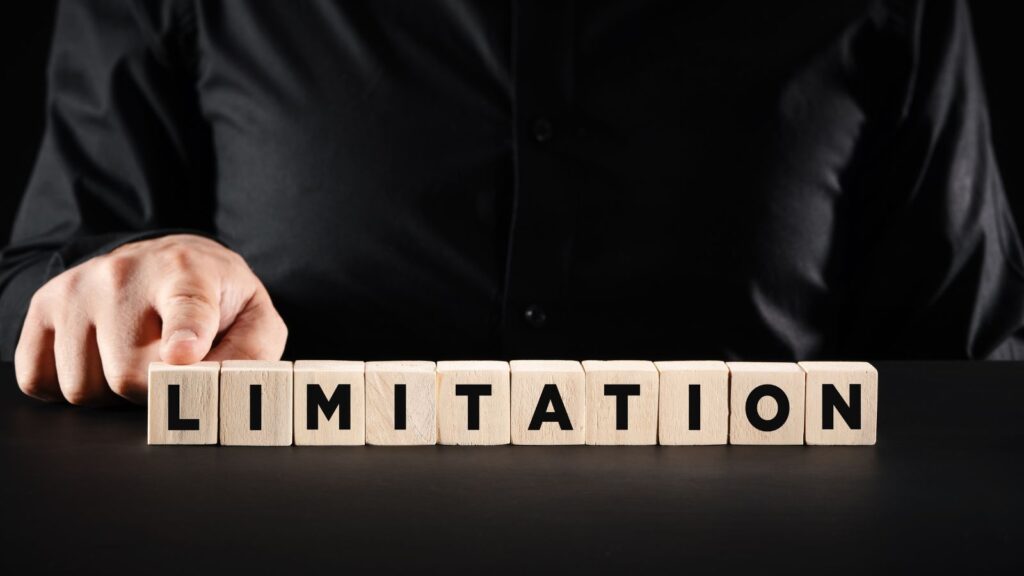
Additionally, the study may have some limitations. Some people have criticized the statements used, arguing that they were not clear enough. They also disagreed with the findings of an apparent connection between political preference and mental health. Instead, they argued there might be other reasons for this.
White Liberals and Mental Health

A separate Pew Research Study found that young, white, liberal women are diagnosed with mental health issues at a higher rate than conservatives or even moderates. 62% of people who said they were “liberal” or “very liberal” were diagnosed with a mental health condition. In comparison, only 26% of conservatives received the same diagnosis.
Personal Health and Politics

Other research shows that conservatives tend to be more conscientious than liberals. The study found that conservatives usually engage in more healthy activities, such as exercising and not smoking. This could suggest that being conservative means that you are more likely to be physically healthy.
Public Health and Politics

Researcher Kevin B. Smith analyzed the impact on public health under Donald Trump’s administration. His study suggested that “politics takes a significant toll on a range of health markers.” In his study, “Those who were young, politically interested, politically engaged, or on the political left were more likely to report negative effects,” particularly after the 2020 election.
Views Across the Pond

A study conducted in the United Kingdom found similar results, as more left-wing people reported having greater anxiety symptoms. Like the Finnish study, the researchers gave statements to participants and saw how much they agreed with them. For example, these statements included, “Ordinary working people do not get their fair share of the nation’s wealth.”
Election Anxiety

Research suggests that Americans feel more political anxiety before important elections, such as the 2020 presidential election. Anxiety was particularly high before the election but decreased after for Trump supporters and African Americans. People more engaged in politics usually felt higher levels of anxiety.
Political News

The American Psychological Association reported that daily exposure to political news can negatively affect people’s mental health and overall well-being. It suggests that disengaging from political news can reduce mental health risks. Brett Q. Ford, a University of Toronto professor, said, “Protecting oneself from the stress of politics might help promote well-being, but it also comes at a cost to staying engaged and active in democracy.”
Personality Traits and Politics
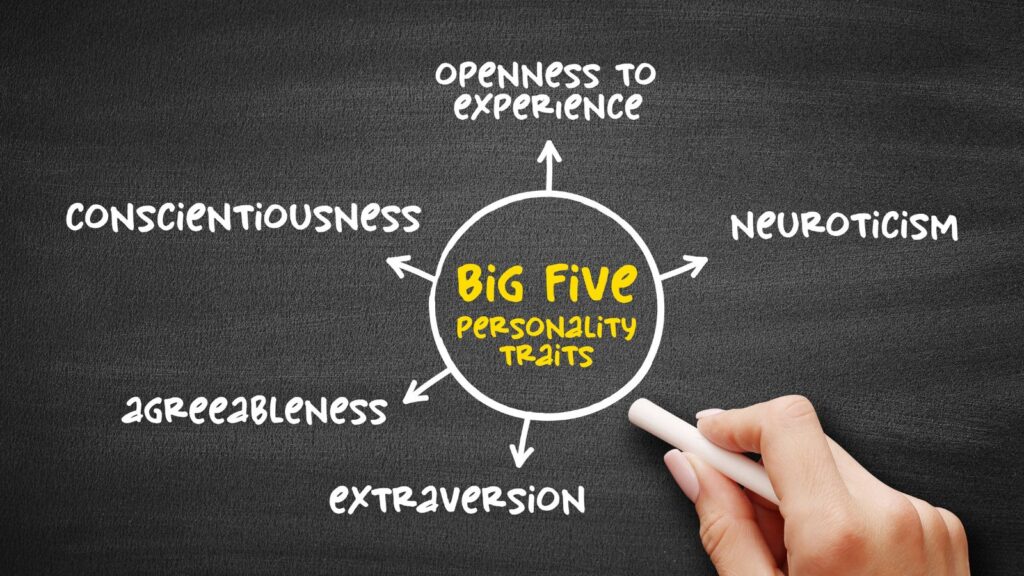
Likewise, researchers from Psychology Today looked at the personality traits of different political parties. Liberals scored higher on openness to experience and neuroticism, which can cause negative emotions like anxiety and fear. The researchers highlighted that conservative people are often more religious, which could cause them to feel happier.
The Echo Chamber Effect

Spending too much time in echo chambers, online spaces where everyone shares the same opinion, can reinforce extreme beliefs. This can lead to increased frustration and isolation when confronted with different viewpoints in the real world, which could make mental issues even worse.
Diversity of Thought

An echo chamber can pressure people to follow specific political ideologies within certain social or professional circles, which can prevent diversity of thought. This pressure can lead to stress and internal conflict. In particular, people with more moderate views appear to be more affected by this.
The Role of Social Media
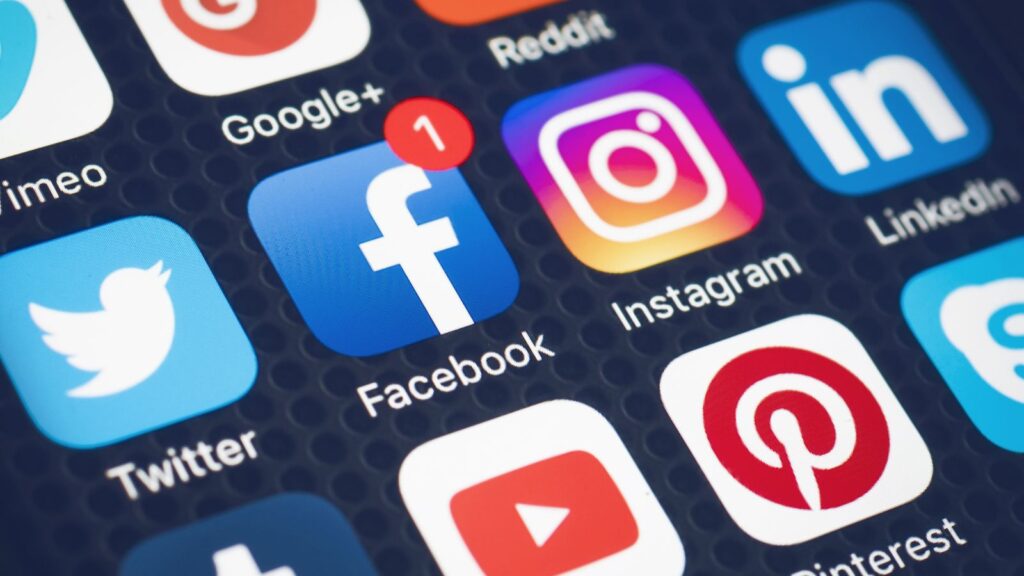
It’s also important to think about the role of social media in political discussions. Constantly participating in controversial political debates online can make people feel more stressed or anxious, which is particularly common when people’s identities are tied to their political beliefs. So, it may be useful to take a step back from such discussions.
Activism Burnout
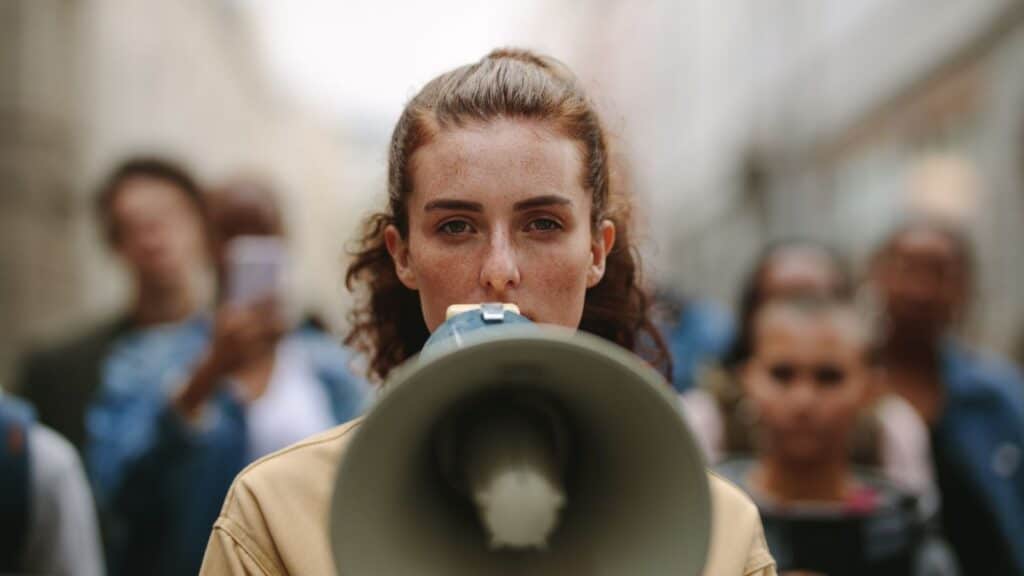
Likewise, many people with strong “woke” beliefs often participate in continuous activism, which can lead to burnout. The emotional consequences of fighting for social justice causes without seeing real changes could affect people’s mental health. As Every Feminism said, “In addition to trying to navigate these social and political injustices, activists are trying to cope with their own everyday struggles that come with being alive.”
Identity Politics
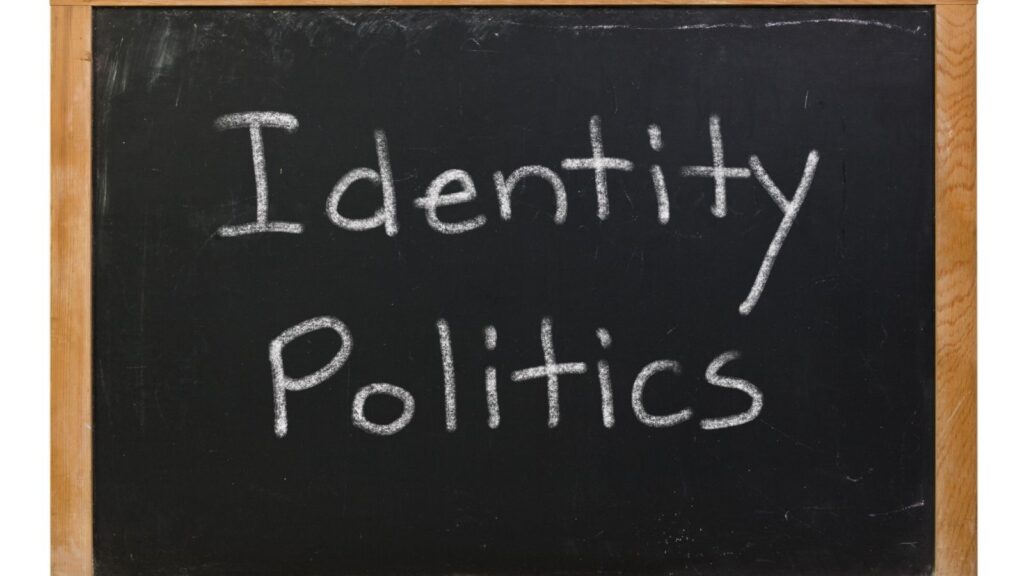
A key part of “woke” ideology is identity politics, where people see their gender, sexuality, or race as being a very important factor. This could lead to them experiencing fewer individual traits and accomplishments. In turn, they might feel greater unhappiness and disconnection with the people around them.
Stigma of Mental Health

There’s often a stigma within activist communities around admitting to mental health struggles, including public stigma and self-stigma, according to a World Psychiatry paper. Many people see mental health issues as a sign of weakness and may not seek the help that they need. As a result, this can make their mental issues even worse.
The Quest for Perfectionism
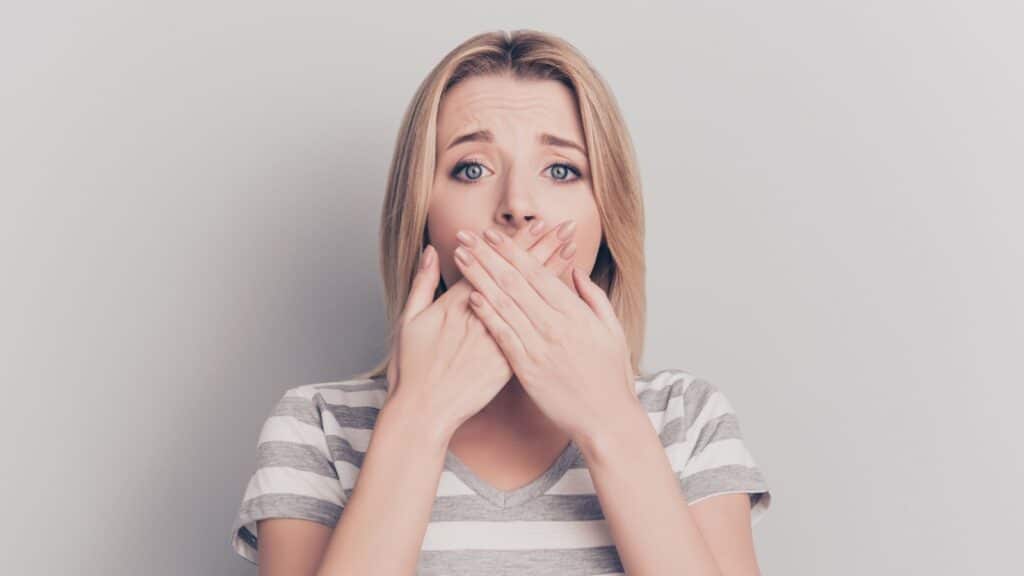
Lastly, many “woke” groups focus on being perfect with language and calling out or “cancelling” people who make mistakes. Naturally, this creates a high-stress environment where people are afraid to misspeak in case they are publicly shamed for their mistakes. This can lead to anxiety and self-censorship, which is harmful to personal growth.
19 Grim Realities of Dating After 50 That Are Often Overlooked

19 Grim Realities of Dating After 50 That Are Often Overlooked
26 Things That Will Be Extinct Because Millennials Refuse to Buy Them

26 Things That Will Be Extinct Because Millennials Refuse to Buy Them
24 Outdated Slang Terms You Absolutely Shouldn’t Be Using Anymore

24 Outdated Slang Terms You Absolutely Shouldn’t Be Using Anymore
25 Hardest Parts About Getting Older That No One Ever Talks About

25 Hardest Parts About Getting Older That No One Ever Talks About



